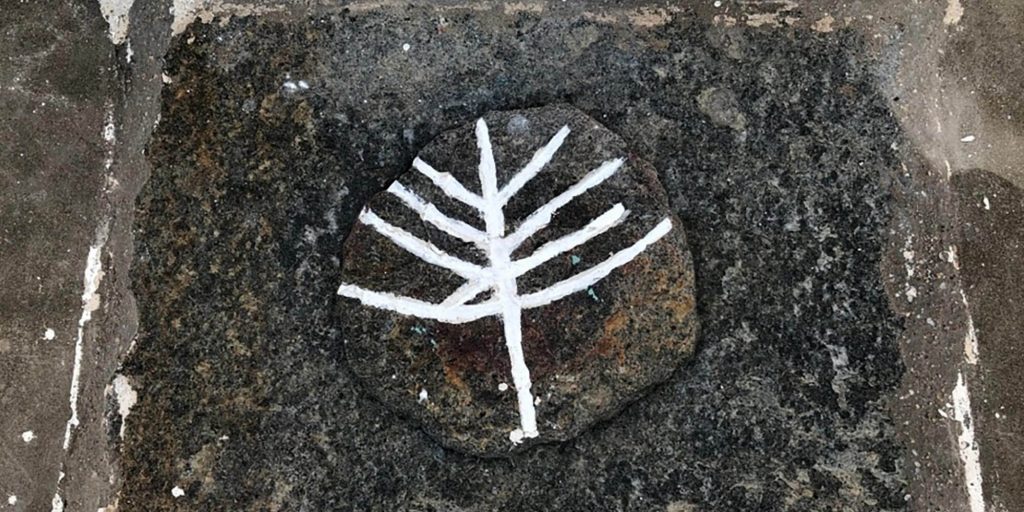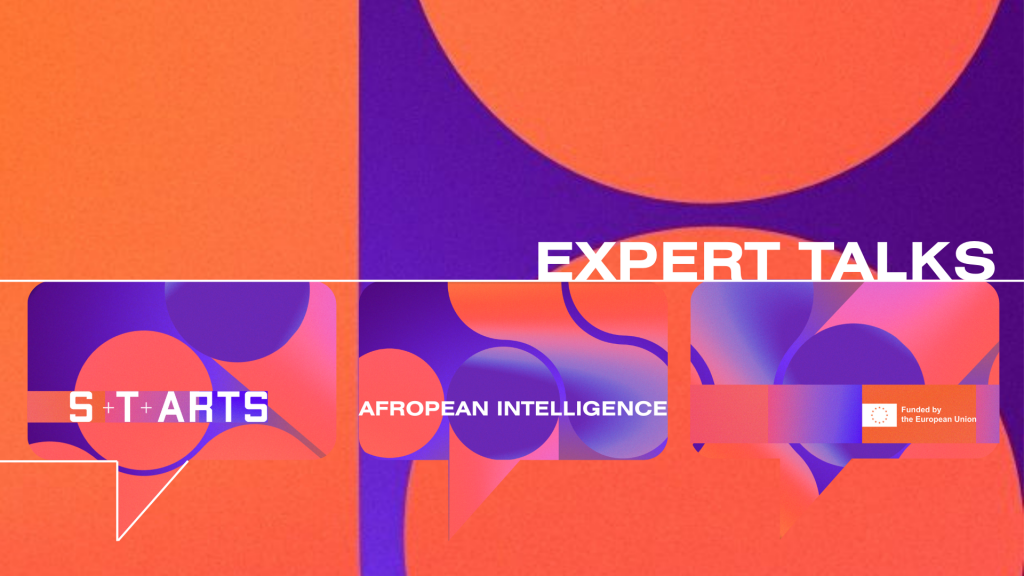S4W Open Call Challenge and S+T+ARTS residency
Cisterns Know
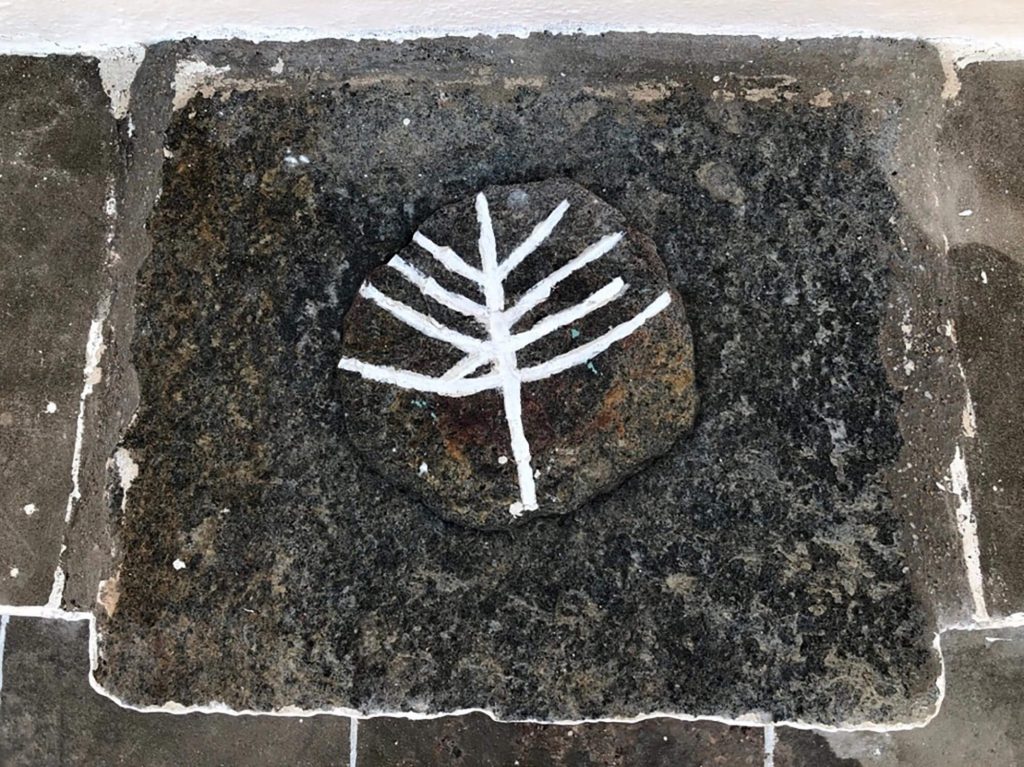
Host / Region
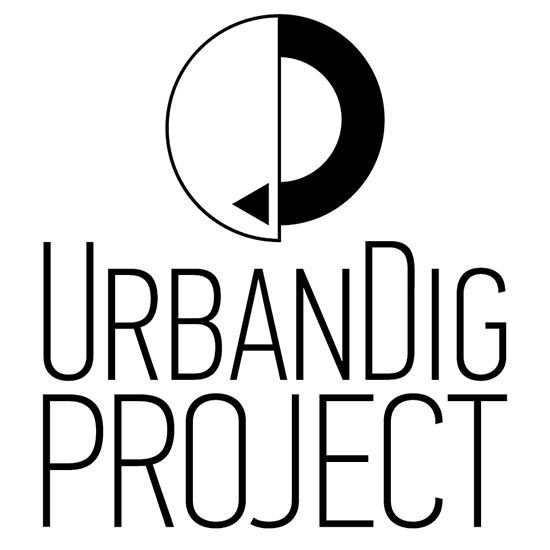
Ohi Pezoume/ UrbanDig Project – Greece / Sifnos island, Greek Cycladic islands in the south eastern Aegean region.
Abstract
Inefficient water services and fragmented supply strategies result in low quality, high energy-consumption and unsteady water supplies. Water management efficiency could be achieved through an imaginative bridging of ancient and future technologies coupled with community engagement.
Keywords
drinking water services, water use efficiency, integrated water management, water as a commons, telemetry
Description of the regional challenge
The Greek island of Sifnos does not have sufficient water supplies to meet demand, especially during the summer, and relies on the use of water tankers for maintaining water supply, and on plastic bottles for safe drinking water – at considerable cost. The projected cumulative cost of drinking water supply for the period 2041-2050 is estimated at between 0.9-1.3% of GDP (Bank of Greece, 2011). Efficient water resource management requires a full knowledge of existing water resources. However, given that cisterns, natural water sources and boreholes are private and remain undeclared, official maps are lacking. A mix of measurement data, data research and Existing local knowledge is of critical importance for designing a truly integrated water resource management. Can we spark community-driven solutions and a culture of data and knowledge sharing between all stakeholders including authorities, citizens and visitors? Learning from tradition, cisterns were the way in which, for centuries, people collected water in the Mediterranean. They also embody the organic way in which humans deal with nature and the way in which communities manage a common good. Values such as good health, clean water, affordable energy and responsible consumption are only some of the SDGs that we address in this Sifnos Challenge.
Region information
Sifnos is a Greek Cycladic island in the south eastern Aegean. Its size is 73,942 km2. It is typical of the 33 other islands of the Cyclades. Greece has around 6.000 islands, 117 of which are inhabited and which share many common features with the wider Mediterranean world.
Sifnos is rural and has 7 villages and 5 settlements near the sea. The main villages are Apollonia, the capital, Artemonas and Kastro.
How is the mission S+T+ARTS driven?
We are looking for artists/collectives able to unpack the multifaceted relationship between the island’s inhabitants and water scarcity. Cisterns are a perfect symbol of the built-in wisdom of traditional practices: the principles of collectivity and sharing are embedded in their resilience. Having supported an inclusive and fair ecosystem in practice, cisterns have symbolically acquired a universal dimension. Art ought to generate a vision of their future. We expect the STARTS4Water residency to catalyse community participation in the exploration of mapping and data-driven technology, and to become a driver towards new uses of available resources and traditional techniques in order to reduce water stress.
Artists-in-residence
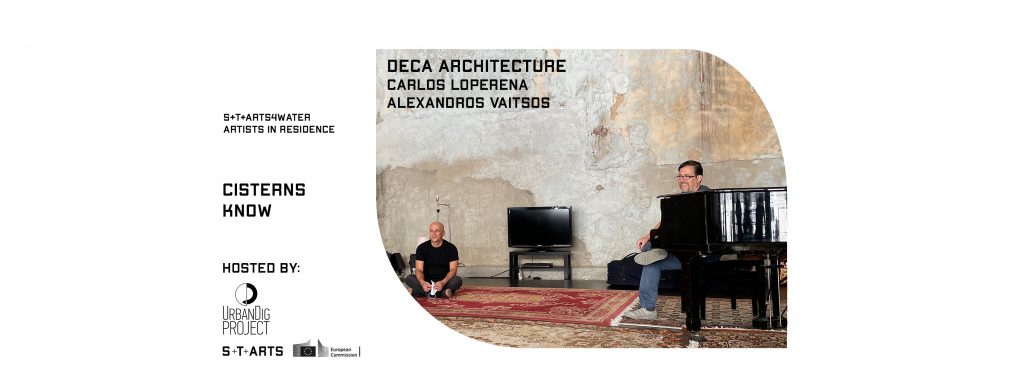
DECA Architecture is an architectural team founded in 2001 by Carlos Loperena and Alexandros Vaitsos who met during their postgraduate studies at UC Berkeley. The team, compromised of 15 architects, is based in Athens. DECA has engaged in over 100 projects that vary in subject matter, location and scale: Having designed joysticks, buildings and territories in urban contexts and the countryside, the work of DECA aspires to stimulate the senses beyond the limits of familiarity. DECA has been exhibited in museums in Tokyo, Boston, Athens and London while in 2012, the ‘Bedrooms’ installation was part of the Greek entry in the Biennale of Venice. In parallel with its active architectural practice, DECA nurtures a research branch that is currently engaged with two basic questions: The transitioning to the Information Age is rendering the existing uses of buildings obsolete. How will we transform
our underused urban environments to foster vibrancy, diversity and resilience in our cities? The climate emergency is creating warmer cities, scarcity of water, and impacting our food sovereignty. What innovative strategies can shift the paradigm towards a sustainable future?
Artists’ statement
“Over the past twenty years, our architecture practice has taken us to most of the Cycladic islands. On them, we have witnessed firsthand that water is one of the most mismanaged resources in these dry island landscapes. As a result of these journeys, we have come to see that the current push for tourist development is far outpacing the islands’ capacities to sustain it. This realization sparked a desire to research traditional and contemporary practices of water management. ‘Learning from Poulati’ is an installation in two parts situated in the central square of Apollonia in Sifnos.
The first part addresses the past:
A video installation tells the story of the Poulati area, where an infrastructure of monumental scale, was integrated seamlessly into the landscape. This infrastructure – that included terracing with stone retaining walls, cisterns and irrigation channels – was connected to the natural springs of Poulati. Water was managed by the farmers, through a bottom-up structure, in order to irrigate a territory that produced a large portion of the island’s food stock.
The second part addresses the present:
A triangular electronic gauge shows how much water is available in Sifnos’ three primary water tanks. Every 30 minutes, the installation receives direct information from the municipal telemetry system. The gauge is perceived as a digital version of Poulati’s open air cisterns, which allowed for transparency in the monitoring of water availability. This second installation’s objective is to offer a clear picture of the stresses that are being exerted on the island’s water network. It aspires to encourage people to save water and to participate in decision-making around water management in an informed way. “
Residency support network
- Department of Water Resources and Environmental Engineering, National Technical University of Athens
- Environmental Association of the Municipality of Sifnos
- Global Water Partnerships – Mediterranean
- Water Supply and Sewage Company (EYDAP S.A.)
- Department of World Cultures, Benaki Museum
- Water Directorate of Decentralised Administration of Attica
Statements from Local Experts
“The STARTS for Water project in Sifnos comes at a crucial moment: the climate crisis is more evident than ever, tourism though an economic boon puts pressure on fragile ecosystems, and water is becoming a critical resource. In this context researching, documenting, and presenting the invaluable traditional knowledge related to the water commons on Sifnos in a way that is aesthetically engaging can be an important contribution to finding sustainable solutions for the future.” Christos Karras (Executive director at the Onassis Cultural Centre Athens. Institution: Onassis Foundation)
“An artistic event that unveils traditional water management practices in dry Greek islands. The case of Poulati area in Sifnos was deployed by artists to trigger the public interest for water issues” Nikos Mamasis (Associate Professor
of hydrology, hydroelectric energy, and hydrometeorology Institution: National Technical University of Athens)
“A work of art picturing the “gardens of Poulati” in Sifnos, that evolves like a palimpsest bringing out the ancient toils of man with land and water and emphasising our duty to treat this treasure as a cultural heritage.” Alexandra Katsiri Professor Emeritus at the school of Civil Engineering, Department of Water Resources and Environmental
Engineering Institution : Environmental Association of the Municipality of Sifnos, Greece.
